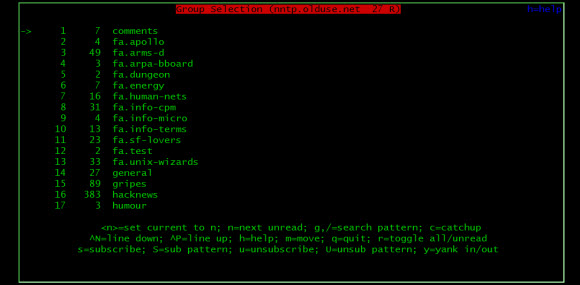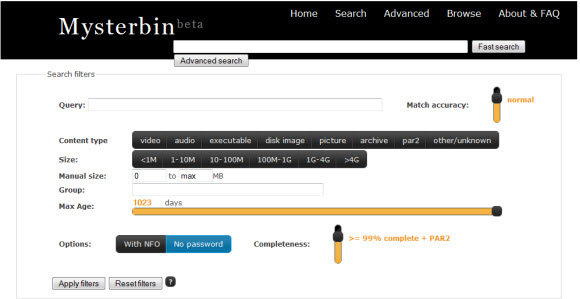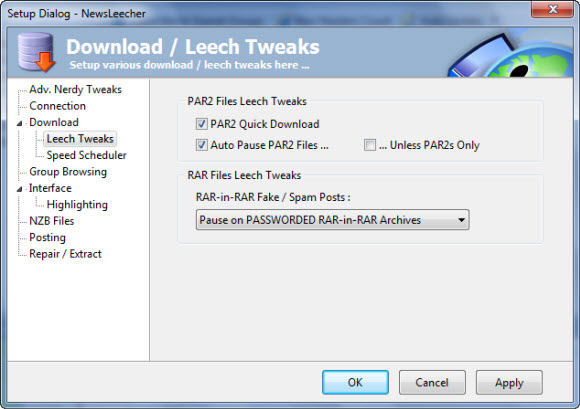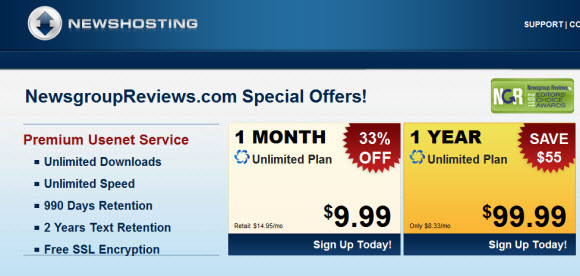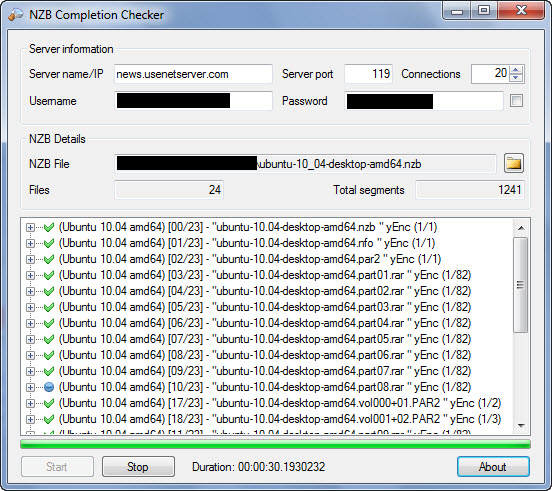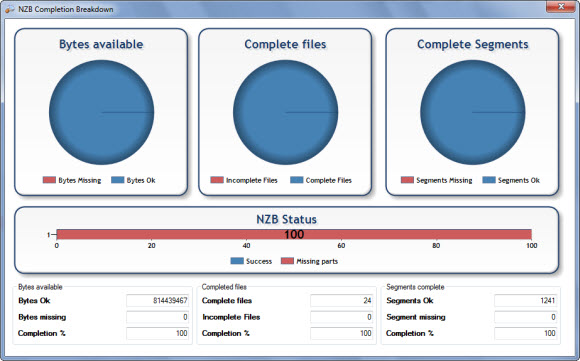NNTP stands for Network News Transfer Protocol. NNTP is the protocol used to access Usenet. As such we’d like to help new users understand NNTP and how the protocol can be used to download and post articles to newsgroups. Our explanation isn’t meant to be an in-depth technical review of NNTP but rather a primer for those interested in using newsgroups. For those in search of more technical details we’ll provide some additional links at the end of the post. Let’s first take a look at some common Usenet-related terms:
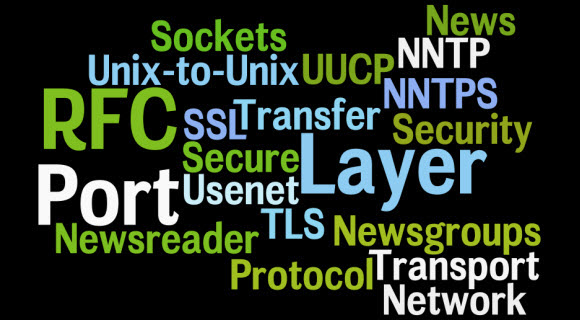
Those new to Usenet can find the associated terms confusing. With NNTP being one of the most common terms this seemed a good starting point. With more helpful posts to come. For now let’s take a closer look at NNTP and see just how the protocol works in terms of Usenet. Remember that we’re not trying to get too technical. Our goal is to explain NNTP in a way that shows just how simple Usenet can be.
Most everyone is familiar with HTTP (Hypertext Transfer Protocol) which is the protocol you used to access this blog post. Most Usenet providers don’t offer a web interface to newsgroups. With the big exception being Easynews. If you want to download from Usenet through your web browser then Easynews is the answer. The same is true for mobile devices like iPhone, iPad and Android phones / tablets.
How about NNTP (Network News Transfer Protocol) – just how does NNTP work? Again staying away from the technical aspects of the NNTP protocol. Basically to access newsgroups via NNTP you will want a newsreader. Also known as Usenet client, Usenet browser or Usenet downloader. I’m sure there are more terms used for newsreaders but you get the idea. Just know you’ll want a software client.
Newsreaders / Usenet clients bridge the gap and allow you to download directly from Usenet via NNTP. Some readers are easier to setup than others and features vary by client. We have a full list of Usenet clients along with reviews of each. To simplify the process here are some of the best newsreaders to get started:
- Newshosting client – Windows, Mac, Linux
- Binverse client – Windows, Mac
- Binreader – Windows, Mac, Linux
- Newsbin Pro – Windows
- NewsLeecher – Windows
We recommend the Newshosting client which is pre-configured and included free for all members. Enjoy unlimited, secure Usenet access along with the Newshosting client for $9.99 a month. With the Newshosting client you can search for Usenet content, preview and download directly from within the reader. It also takes care of file repairs and extraction. Tasks that often require additional software.
The most important thing to remember about NNTP and other Usenet terms is not to let them discourage you from using newsgroups. As with anything new it just takes time to familiarize yourself with the terminology. The newsreaders listed above will get you well on your way.
Here are some additional links for those who night want a better technical understanding of NNTP:
- Network News Transfer Protocol – Wikipedia explanation
- Phil Lapsley – author of NNTP specification
- RFC 977 – A Proposed Standard for the Stream-Based Transmission of News
- RFC 3977 – Network News Transfer Protocol (NNTP)
- RFC 2980 – Common NNTP Extensions
Visit Newsgroup Reviews to learn more about Usenet and follow us @NewsgroupRevs for the latest deals.




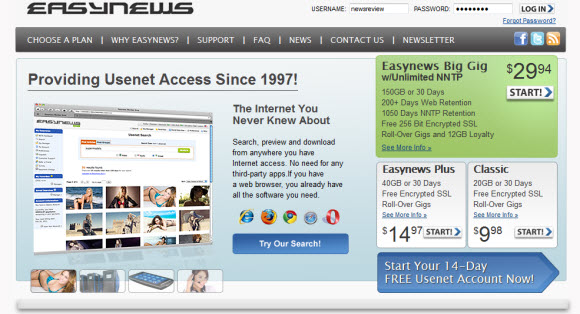

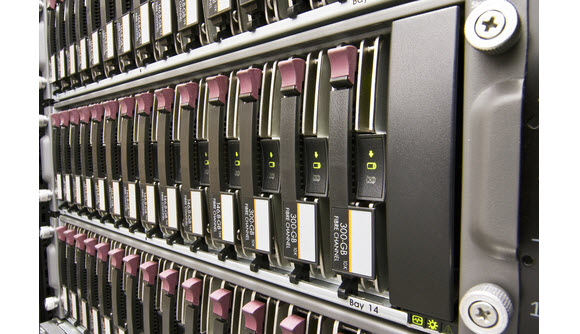
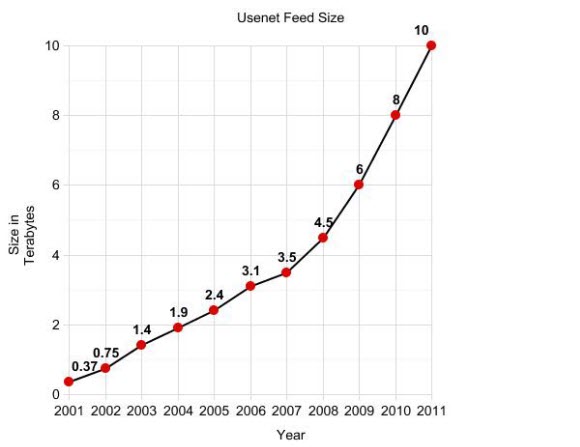 Source of feed size data:
Source of feed size data: 
